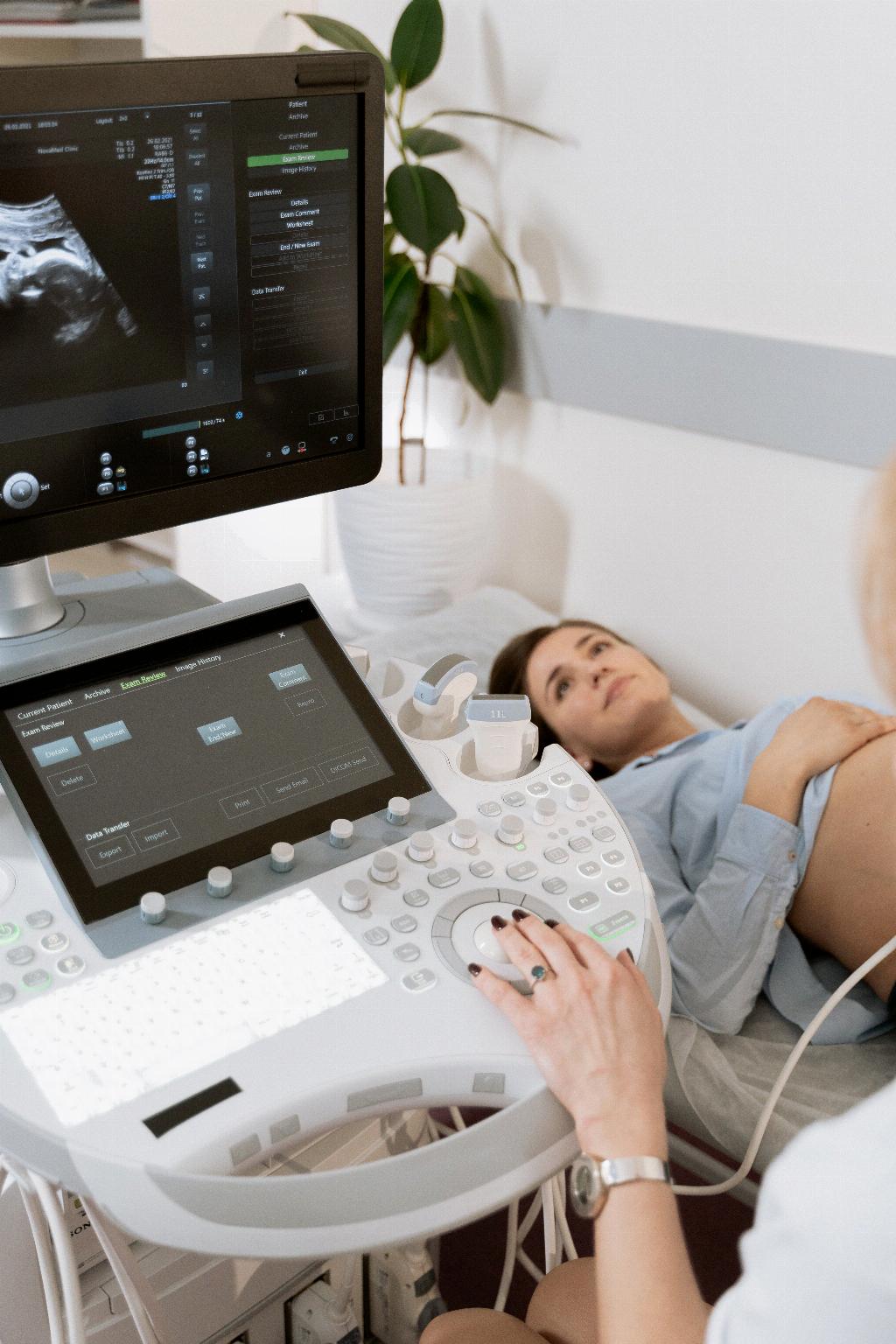When it comes to the safety of taking nitrofurantoin during pregnancy, particularly in the context of early miscarriage, there is ongoing debate and research. Nitrofurantoin is a common antibiotic used to treat urinary tract infections (UTIs), including those that occur during pregnancy. These infections can pose a risk to both the mother and the developing fetus if left untreated, making the use of antibiotics like nitrofurantoin essential.
There have been concerns in the past regarding the potential link between nitrofurantoin use in pregnancy and adverse outcomes, such as early miscarriage. However, current evidence suggests that nitrofurantoin is generally safe to use during pregnancy and is considered a first-line treatment for UTIs in pregnant women. It is important to weigh the benefits of treating the infection against any potential risks associated with the medication.
One study published in the American Journal of Obstetrics and Gynecology found no significant association between nitrofurantoin use during early pregnancy and the risk of major congenital malformations or other adverse pregnancy outcomes. This study provides reassurance regarding the safety of nitrofurantoin when used to treat UTIs in pregnant women.
It is crucial, however, to follow healthcare provider recommendations and guidelines when using any medication during pregnancy. Dosage, timing of administration, and the specific circumstances of each pregnancy should be taken into consideration when determining the appropriateness of nitrofurantoin use for a UTI.
While some studies have raised concerns about the use of nitrofurantoin in later stages of pregnancy due to a potential increased risk of hemolytic anemia in newborns, the focus on early miscarriage specifically remains relatively understudied. It is essential for pregnant individuals to discuss any concerns with their healthcare providers and make informed decisions based on individual circumstances.
It is not uncommon for pregnant individuals to experience UTIs during their pregnancies, and prompt treatment is essential to prevent complications for both the mother and the baby. Nitrofurantoin is often prescribed as a first-line treatment for UTIs in pregnant individuals due to its effectiveness in combating bacterial infections.
When considering the risk of early miscarriage associated with nitrofurantoin use, current evidence does not suggest a direct link between the medication and an increased risk of miscarriage. The available data supports the safety and efficacy of nitrofurantoin in treating UTIs during pregnancy.
Ultimately, the decision to use nitrofurantoin during pregnancy should be made in consultation with a healthcare provider who can provide individualized recommendations based on the specific circumstances of the pregnancy. While concerns about medication safety are valid, the benefits of treating a UTI and preventing potential complications often outweigh the perceived risks associated with nitrofurantoin.
As with any medical decision during pregnancy, open communication with healthcare providers, thorough discussions of potential risks and benefits, and adherence to recommended treatment protocols are essential to ensuring the health and well-being of both the mother and the developing fetus.
In conclusion, while questions may arise regarding the safety of medications like nitrofurantoin during pregnancy, current evidence does not indicate a significant association between nitrofurantoin use and an increased risk of early miscarriage. Utilizing nitrofurantoin to effectively treat UTIs during pregnancy can be a safe and essential component of prenatal care when administered following recommended guidelines and under the guidance of healthcare professionals.

